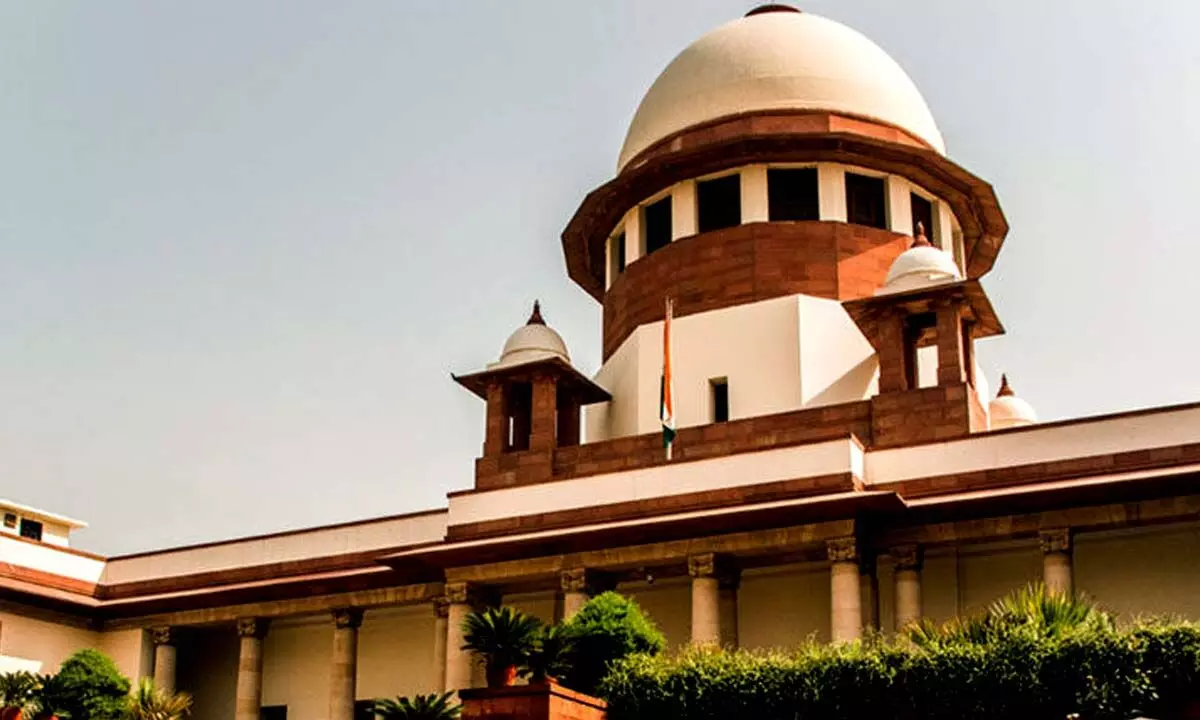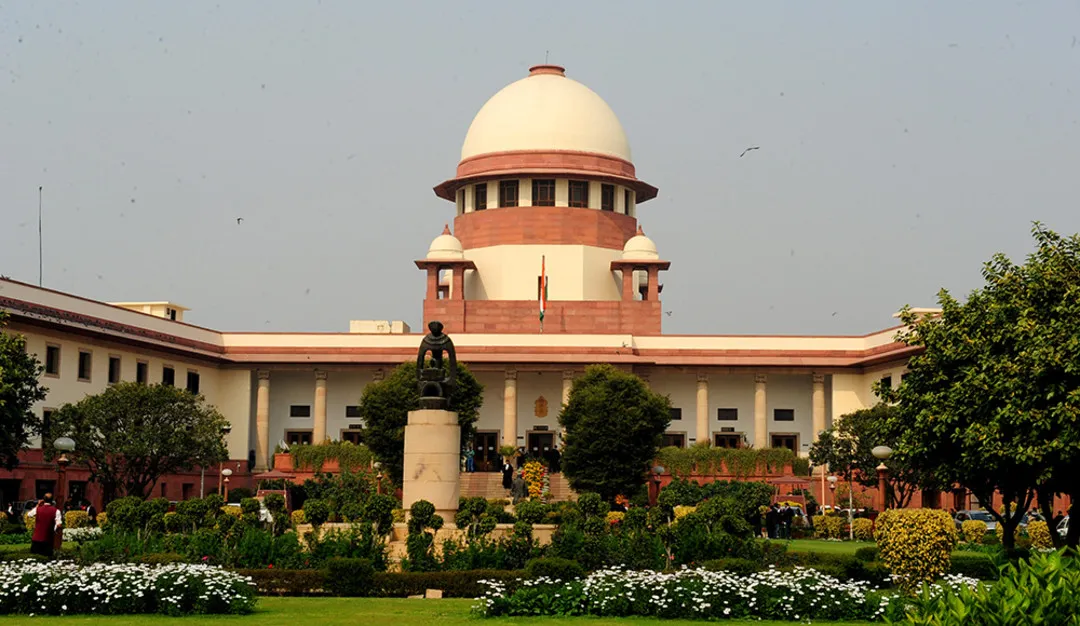The Supreme Court in the case Mohd. Iqbal Ahangar vs. Union Territory Of Jammu and Kashmir observed and has issued the notice on the petition moved challenging the termination of the term of the President Municipal Committee, Dooru-Verinag, Anantnag District by the Union Territory of Jammu and Kashmir, UT.
The bench comprising of Justice Surya Kant and Justice K.V. Viswanathan was considering the Special Leave Petition filed by Mohd. Iqbal Ahangar, the former President of the Municipal Committee which being against the judgment of the Jammu &Kashmir and Ladakh High Court which affirmed the action of the UT authorities.
The court in the case observed and has allowed the petitioner to discharge the duties of the President Municipal Committee Dooru in the interim.
In the present case, the controversy revolves around the date of the ‘first meeting’ of the Municipal Committee and as per section 14 of the Jammu and Kashmir Municipal Act, 2000, Act the term for the municipality shall be five 05 years from the date which is being appointed for the First Meeting.
The counsel appearing for the petitioner contended before the court hat the ‘first meeting’ shall be considered to be conveyed only after the declaration of the results of the election of the President and Vice-President.
Therefore, the High Court while disagreeing with the contentions of the Petitioner noted that the date for the meeting for the election of a President or Vice-President is also the first meeting of the elected members of the Municipality.
The court observed that the gist of the dispute is that the Petitioner is the duly elected President of Municipal Committee Dooru-Verinag and the First Meeting was held on May 01, 2019.
It has also been stated under section 13 and section 14 of the Act, the term of the elected body being five (05) years comes to an end sometime in the year 2024.
Further, the court stated that the UT had sometime in October 2023 addressed to the Petitioner as well as other Municipal Committee that the term of the President comes to an end on November 21, 2023 which is being counted from November 02, 2018.
As per the petitioner, the general elections to the Municipal Committee were held in the year 2018, however, while owing to security concerns in the region the Petitioner was detained, and the First Meeting of the Municipal Committee was only convened and held on May 01, 2019.
Therefore, the court stated that the period of five years of the term of the office of President Municipal Committee would be counted from the year 2019 and not 2018.
The counsel appearing for the Petitioner contended before the court that the UT has illegally terminated the valid five-year term of the petitioner, as the five-year term would have to come to an end in the year 2024 and not in the year 2023.
The court in the case observed and has agreed to issue the notice to be served on the UT’s counsel to be returnable after two weeks.
The said court agreed to examine the question of whether the period of detention served by the Petitioner should be counted as a period discharging the duty as part of the tenure or no period.
The court while considering the facts and circumstances of the case observed that in your case it actually happened, after the elections held the very next day the person is detained…if he is not allowed to perform a period during which he is being deprived of performing his duties, whether that period should be treated as no period or should be counted as part of the tenure.
The counsel, Mr. Soayib Qureshi, Advocate-on-Record represented the Petitioner.























